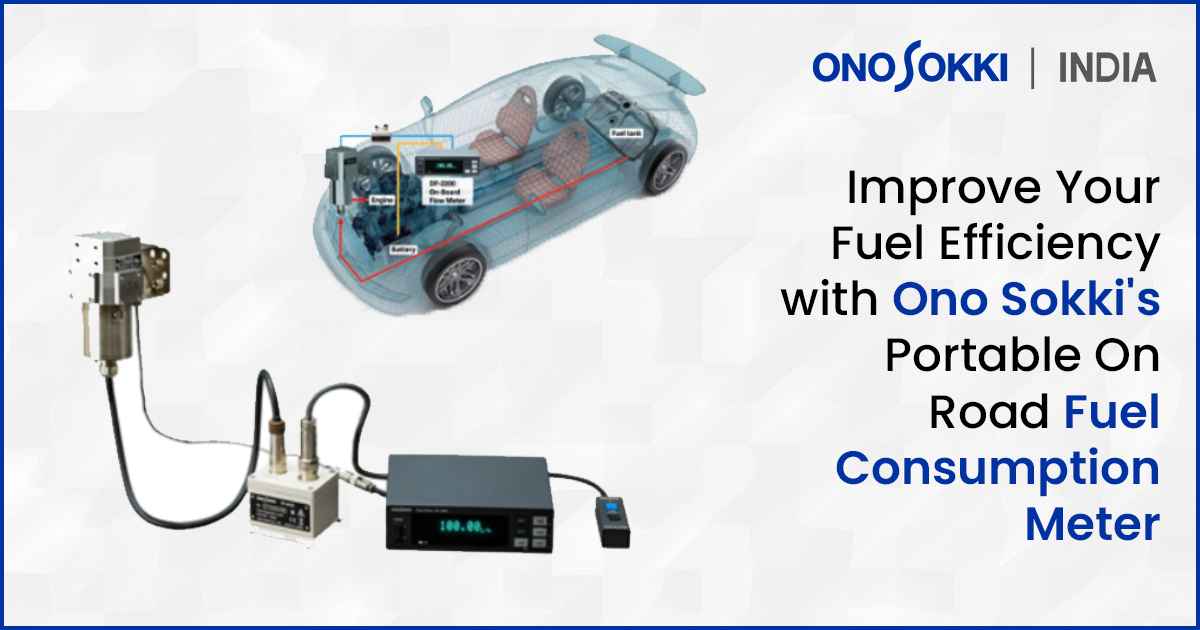



If you’re looking to improve your fuel efficiency, Ono Sokki’s portable on-road fuel consumption meter can be a valuable tool. This device offers several benefits that can help you monitor and optimize your fuel consumption. Ono Sokki’s portable on-road fuel consumption meter provides accurate measurements of your vehicle’s fuel consumption in real time. It uses advanced technology to precisely calculate fuel usage, allowing you to monitor your vehicle’s efficiency and identify areas for improvement.
The fuel consumption meter provides instant feedback on your vehicle’s fuel efficiency while you’re on the road. This real-time information enables you to make immediate adjustments to your driving habits, such as reducing idling time, maintaining consistent speeds, and avoiding rapid acceleration or braking. By making these adjustments, you can optimize your fuel consumption and maximize efficiency.
The meter typically used to measure fuel efficiency is the fuel consumption meter or fuel flow meter. This device is specifically designed to measure the rate of fuel consumption in vehicles, or “on road fuel consumption meter.” It is installed in the fuel line or fuel tank and calculates the volume of fuel passing through it. Fuel consumption meters can be mechanical or electronic. Mechanical meters often use gears or turbines to measure the flow of fuel, while electronic meters utilize sensors and digital displays to provide precise measurements. By measuring fuel consumption accurately, fuel efficiency can be calculated and monitored.
The fuel consumption meter allows individuals and organizations to track their vehicles’ or equipment’s fuel consumption over time, identify trends, and make adjustments to optimize fuel efficiency. It is a valuable tool for assessing the effectiveness of fuel-saving measures, evaluating different driving conditions, and comparing the performance of different vehicles or equipment. It’s important to note that the accuracy and reliability of fuel consumption meters can vary depending on the specific device and its calibration. It’s recommended to use high-quality meters and ensure proper installation and maintenance to obtain accurate fuel efficiency measurements.
Ono Sokki’s portable on-road fuel consumption meter is a valuable tool for improving fuel efficiency. With its accurate measurements and real-time feedback, this device allows you to monitor your vehicle’s fuel consumption and make informed decisions to optimize fuel efficiency. By using the fuel consumption meter, you can identify areas where you can improve your driving habits and make adjustments to maximize fuel economy.
It helps you become more aware of your fuel consumption patterns and provides the opportunity to reduce unnecessary fuel waste. The fuel consumption meter offers performance monitoring and diagnostic capabilities, allowing you to track your vehicle’s efficiency over time and identify potential issues affecting fuel consumption. By addressing these issues promptly, you can ensure that your vehicle is running at its optimal level and minimize fuel-related problems.